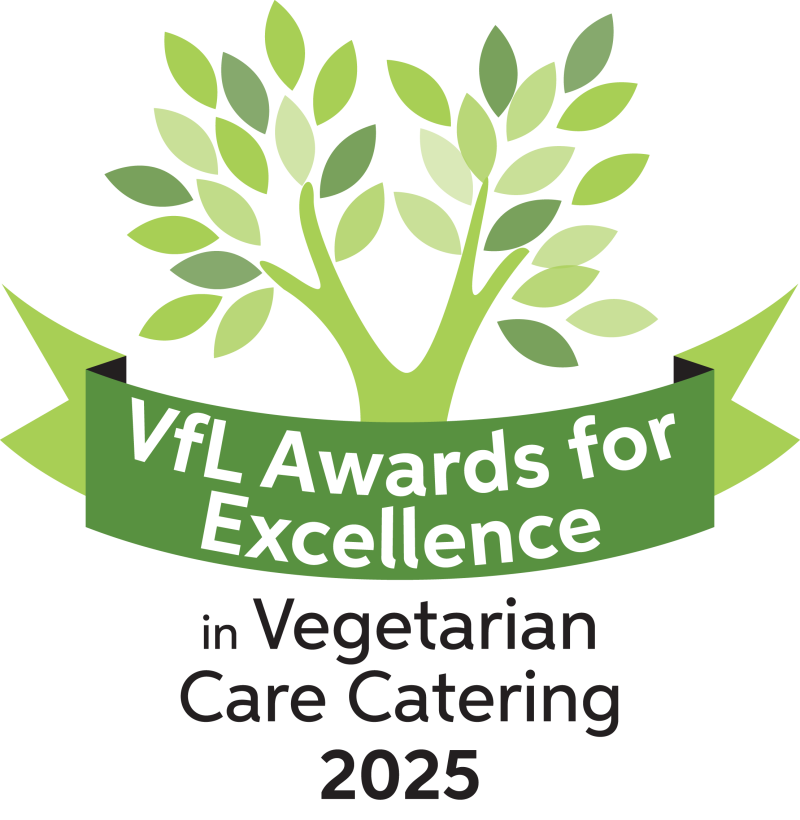
Our judges have voted and we can now reveal the finalists in the 2025 Awards for Excellence in Vegetarian & Vegan Care Catering.
Click here for more information and to see the shortlist.
We've been hard at work uncovering how dietary preferences are changing in UK care homes. Our survey carried out last year revealed there's been a 24% increase in vegan and vegetarian care home residents over the past decade.
First launched in 2016, the Annual Awards highlight the importance of catering well for older vegans and vegetarians. With growing numbers of vegans and vegetarians being supported by the care sector, it is no surprise that news of the awards has been positively received by care organisations. Articles about the awards have been published by the NACC, Care Home Catering, Hospitality Assured and more.
It’s becoming impossible to ignore the demand for top-notch veggie care catering.
Categories:
VfL News and Events
This is the only post in this category at the moment.